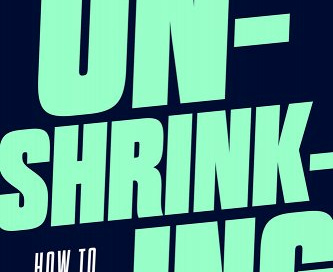Introducing Unshrinking
Body positivity is no antidote to the structural problem of fatphobia
I have a confession to make: for as long as I can remember, I have wanted to be smaller. My concerns about my weight have intruded on some of the best moments of my life. And I could tell you precisely what I weighed on any significant occasion: the day I got married, the day I defended my PhD dissertation, the day I gave birth to my daughter. It, and I…
Keep reading with a 7-day free trial
Subscribe to More to Hate to keep reading this post and get 7 days of free access to the full post archives.



